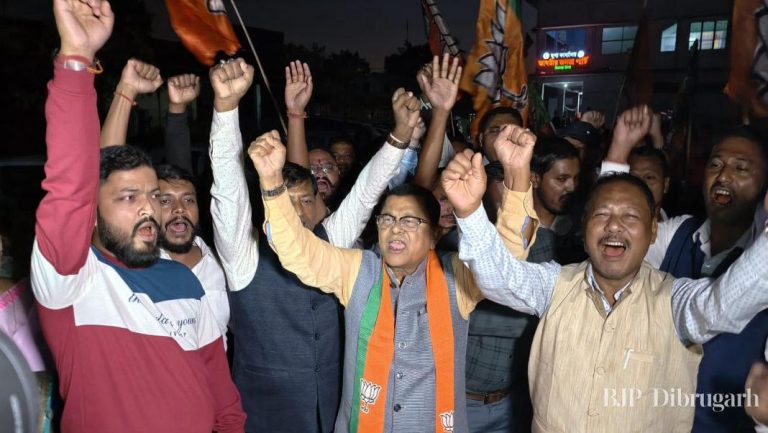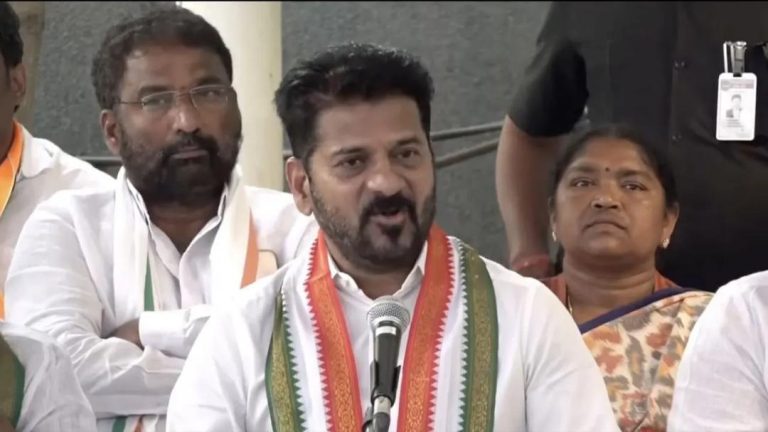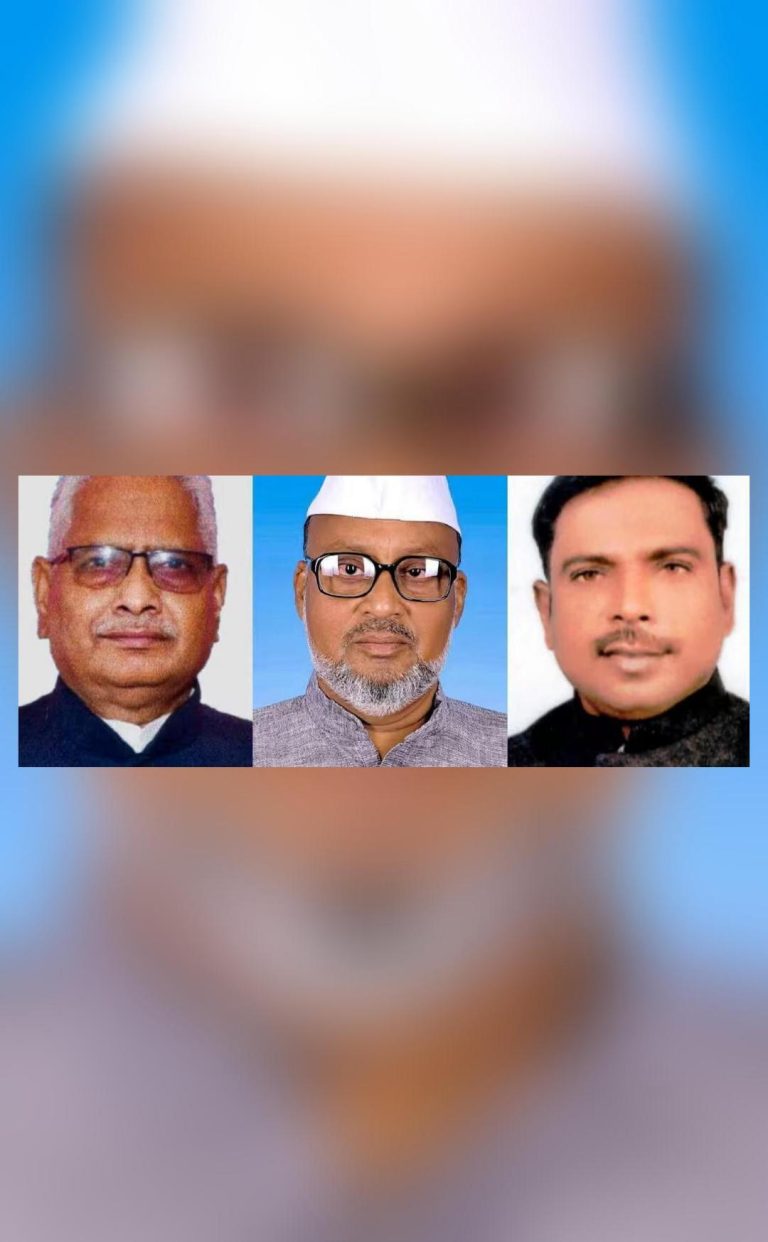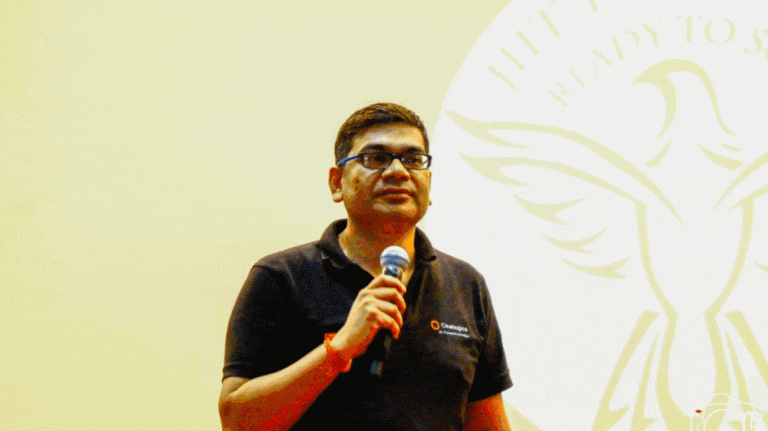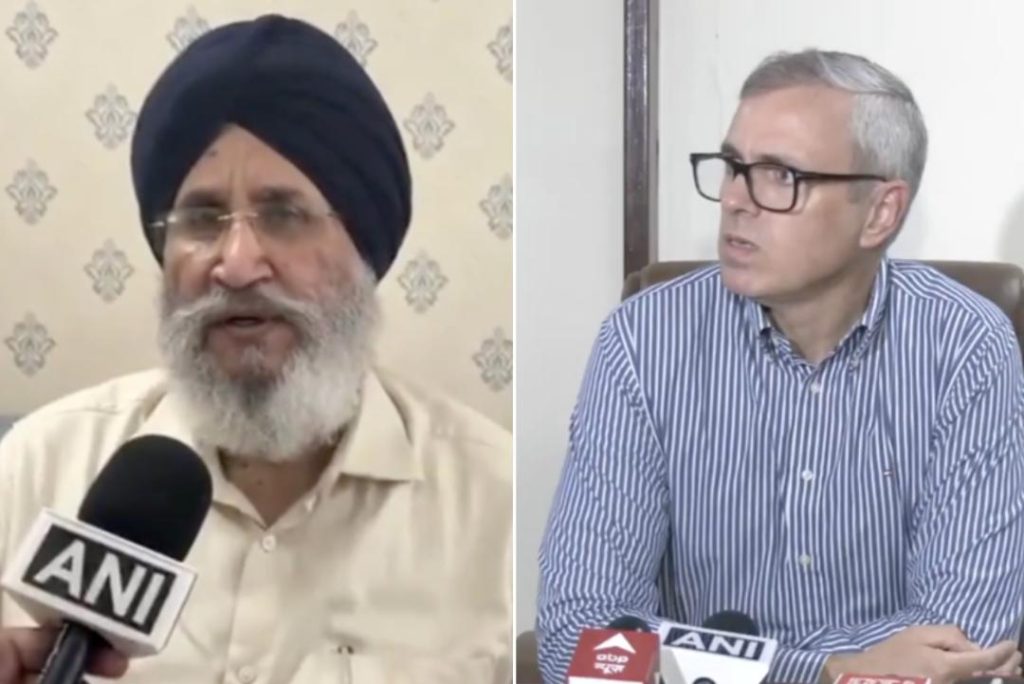
Title: J&K CM’s remark on water sharing unreasonable: Akali Dal leader
The ongoing debate over water sharing between Jammu and Kashmir (J&K) and Punjab has taken a new turn with J&K Chief Minister Omar Abdullah’s recent statement that his government will not share any water with Punjab. The statement has been met with strong opposition from Shiromani Akali Dal leader Daljit Singh Cheema, who has called Abdullah’s remark “unreasonable”.
In an interview with ANI, Cheema said, “We did not expect him to comment on Punjab, as river water distribution has earlier also been in favour of other states like Rajasthan, Haryana and Delhi.” He added that the statement was unacceptable and that the people of Punjab were not going to take it lying down.
The dispute over water sharing between J&K and Punjab is not new. The two states have been at odds over the issue for several years, with both sides claiming that they are being unfairly treated. The dispute revolves around the sharing of the waters of the Ravi and Beas rivers, which flow through both states.
J&K has long been opposed to sharing its water with Punjab, citing the fact that the state’s own needs are not being met. Punjab, on the other hand, has maintained that it has a right to the water and that the state’s farmers are being unfairly affected.
The dispute has been ongoing for several years and has resulted in several agreements and court cases. However, the recent statement by Abdullah has escalated the situation, with both sides trading barbs and accusations.
Cheema’s comments came after Abdullah said that his government would not share any water with Punjab, adding that the state’s needs were priority. “We will not share any water with Punjab. Our priority is the development of J&K and the welfare of its people,” Abdullah said.
The statement was met with strong opposition from Punjab’s ruling party, the Shiromani Akali Dal, which has been vocal in its demands for fair water sharing. Cheema, who is a senior leader of the party, said that Abdullah’s statement was unacceptable and that the people of Punjab would not take it lying down.
“Punjab has been sacrificing its interests for the development of J&K for decades. Now, the people of Punjab will not tolerate any injustice. We will fight for our rights and will not back down,” Cheema said.
The dispute over water sharing is not just a matter of principle, but also has significant economic implications. Punjab is one of the most fertile regions in the country and is home to many of India’s most productive farmers. The state’s economy is heavily dependent on agriculture, and any restrictions on water supply could have significant impacts on the state’s economy.
J&K, on the other hand, is a state with significant hydroelectric power generation potential. The state’s rivers are home to several major hydroelectric projects, and any restrictions on water supply could impact the state’s ability to generate electricity.
The dispute over water sharing has been ongoing for several years and has resulted in several agreements and court cases. However, the recent statement by Abdullah has escalated the situation, with both sides trading barbs and accusations.
In conclusion, the dispute over water sharing between J&K and Punjab is a complex issue with significant economic and environmental implications. The recent statement by Abdullah has escalated the situation, with both sides trading barbs and accusations. It is essential that the two states work together to find a solution that is fair and reasonable for all parties involved.
News Source: https://x.com/ANI/status/1935953245043933487
